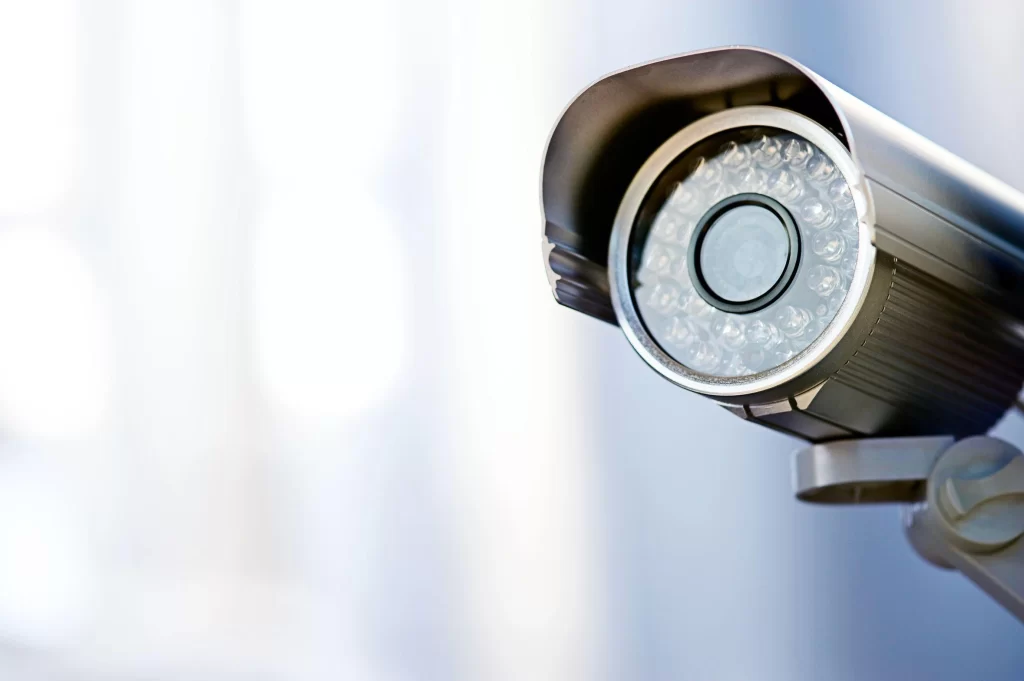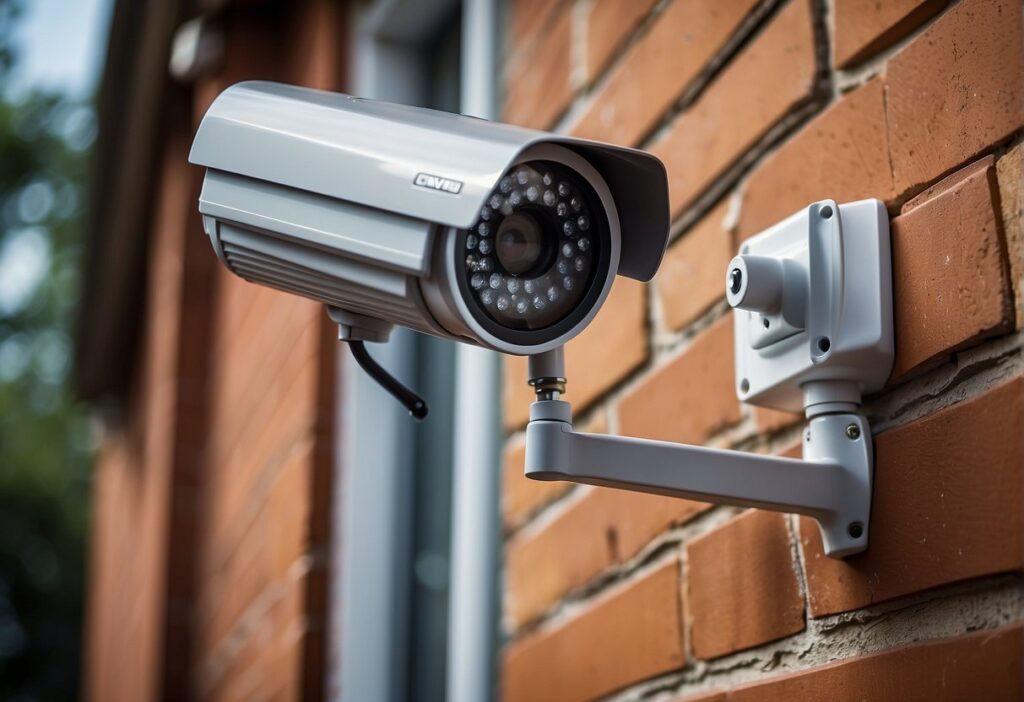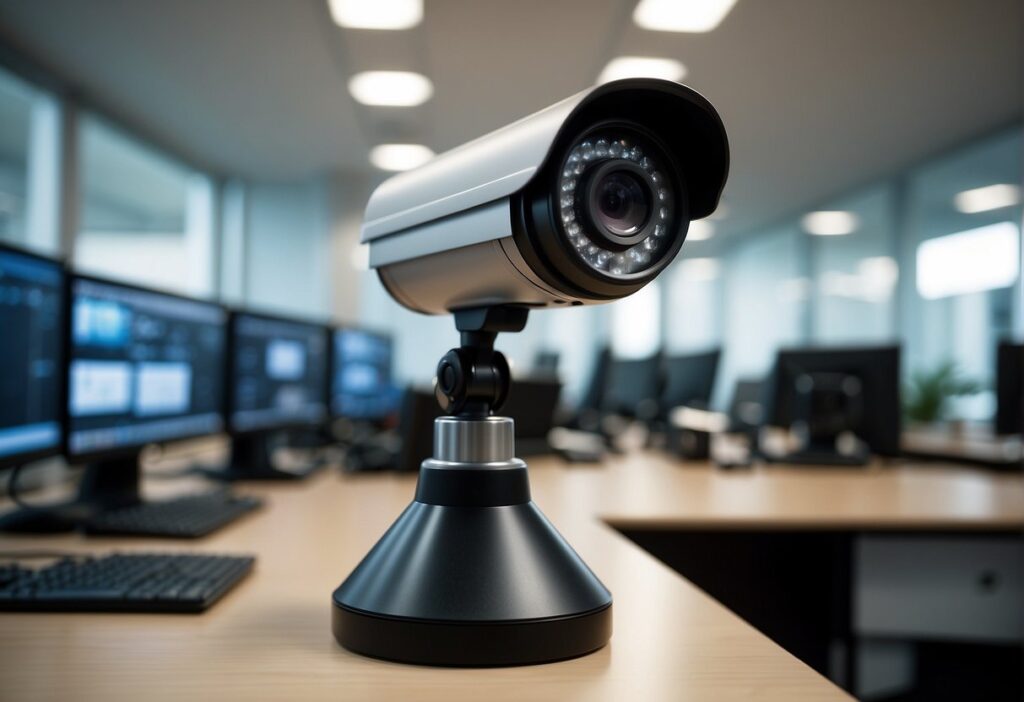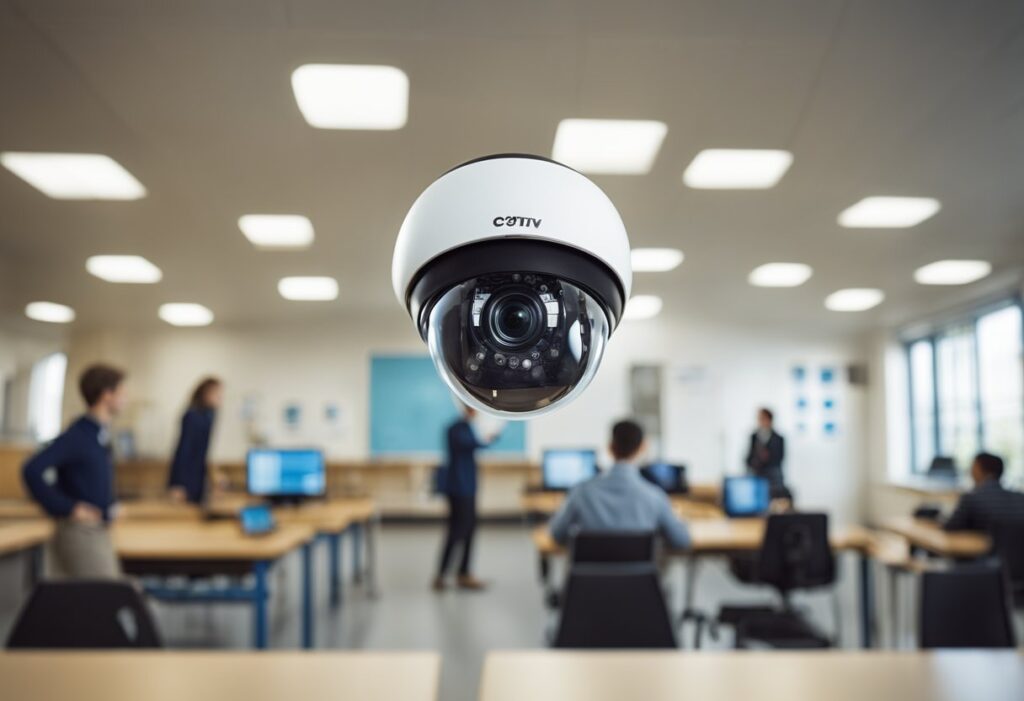Disadvantages of Security Cameras
Security cameras, intended to bolster safety by monitoring and recording activities, bring with them financial costs, privacy concerns, and various challenges, leading to a nuanced debate on the trade-off between collective security and individual rights.
Technological shortcomings may also compromise their effectiveness, potentially fostering a false sense of security and unanticipated risks for users.
Key Takeaways
- Security cameras introduce various operational and ethical concerns.
- Costs and privacy issues can outweigh perceived safety benefits.
- Technological drawbacks may limit the effectiveness of surveillance systems.
Disadvantages of Security Cameras: Financial Burdens
Deploying security cameras can entail significant financial commitments. They not only require a high initial outlay but also involve ongoing costs for maintenance and data storage.
High Initial Investment
Security systems often come with a hefty price tag due to the advanced technology and equipment involved. The cost includes purchasing cameras, recording equipment, and sometimes, professional installation services.
Ongoing Maintenance Costs
Maintenance is essential to ensure cameras remain operational, but it adds to the overall expense. This includes regular servicing, repairs, and potential part replacements over the lifespan of the system.
Additional Storage Expenses
As security cameras capture hours of video footage, they generate large amounts of data that necessitate ample storage solutions. Users may need to invest in additional hardware or cloud storage services, which can be expensive, particularly for high-definition video storage.
Privacy Concerns
Security cameras, installed for monitoring and safety purposes, often pose significant privacy concerns. These concerns primarily revolve around the potential for privacy invasion and the vulnerability of these devices to hacking.
Potential Invasion of Privacy
Surveillance cameras can lead to the erosion of privacy. They may capture and store intimate moments without consent, making individuals feel surveilled in their personal spaces.
Vulnerability to Hacking
Home security systems can become targets for criminals seeking to intrude into private lives. Hacked cameras can provide unauthorized access to someone’s personal daily routine, increasing the risk of privacy breaches.
cctv disadvantages: Technological Limitations
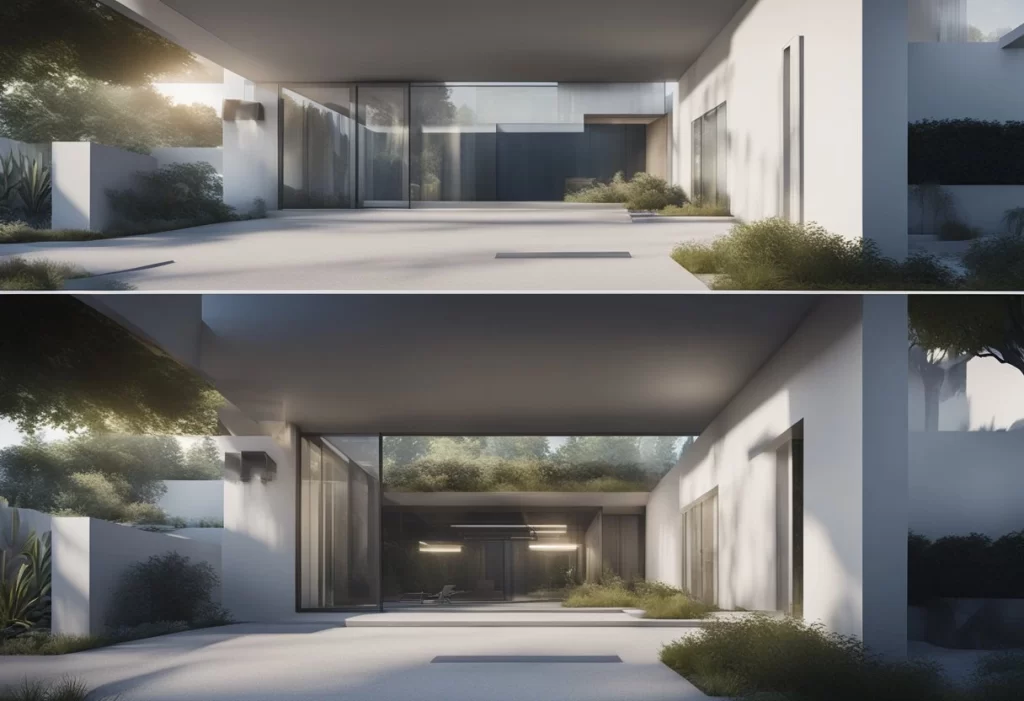
Security camera systems, while offering numerous benefits in surveillance, encounter certain technological limitations that can restrict their effectiveness.
Limited Field of View
The field of view is a critical aspect of security cameras, determining the expanse of area they can monitor. Standard cameras often have a fixed field of view, which means they can only capture events within a certain angle, potentially leaving other areas unmonitored.
Dependence on Power and Internet Connectivity
Security cameras rely on a continuous power supply and stable Internet connectivity for optimal operation.
In the absence of power or disruption of Internet services, the capability to record footage and live stream via a smartphone is compromised. This reliance can be a significant weakness, particularly during power outages or network issues.
Legal and Ethical Implications
Security cameras are mired in a complex web of legal and ethical considerations, notably including privacy concerns and the handling of recorded footage.
Disputes Over Surveillance
Security cameras often precipitate privacy disputes, as individuals may feel that their right to privacy is compromised when under constant watch. Courts are frequently tasked with assessing claims regarding surveillance and whether they infringe upon reasonable expectations of privacy.
Misuse of Footage
The quality of video footage is crucial when it is presented as evidence in legal proceedings. However, the potential misuse of camera footage, either through unauthorized access or improper disclosure, raises significant ethical and legal questions concerning the right to control how one’s likeness is used and shared.
False Sense of Security and Related Risks
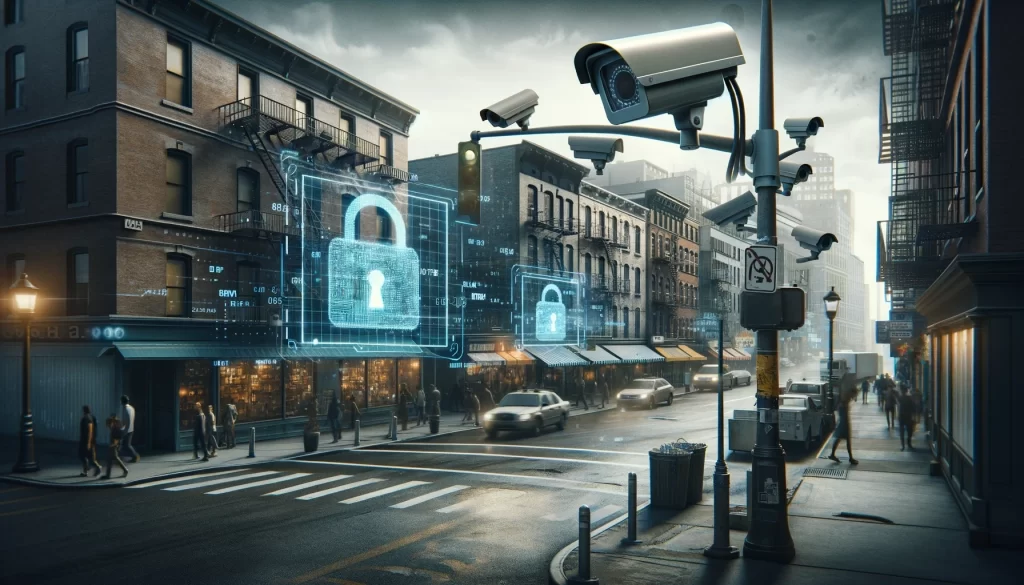
While security cameras are touted for enhancing safety, they can inadvertently lead to a false sense of security.
Overreliance on Cameras
Security systems may deter burglars, but an overemphasis on camera surveillance could create a misguided perception of safety. Individuals might overlook the behavioral aspect of security, assuming cameras alone will prevent theft or trespassing.
Neglect of Other Security Measures
Without a holistic approach to security, crucial aspects such as physical locks, lighting, and community vigilance are often ignored. This neglect can undermine the intention of having security systems, leaving property more vulnerable than if a balanced security strategy were employed.
Understanding their role in a comprehensive security plan can reduce the risks associated with a false sense of security.
Implications for Homeowners and Businesses
Security cameras impact both homeowners and business owners in terms of value, legal standing, and operational challenges.
Impact on Property Value and Insurance Claims
The presence of security cameras can influence the appraisal value of a property. They may be seen as an enhancement that increases safety, which can appeal to potential buyers.
For insurance claims, documented footage can be critical; it can potentially speed up the claims process with concrete evidence of incidents.
Challenges in Security Management for Business Owners
Business owners often grapple with monitoring and maintaining their security infrastructure. High-definition video quality is vital for clarity but requires more storage and robust systems to handle the data.
Additionally, accessible footage is important for police investigations, where the quality and immediacy of video evidence can be pivotal in resolving cases.
Conclusion
Disadvantages of Security Cameras
Security cameras carry disadvantages that stakeholders should consider. These downsides range from privacy issues that may affect both individuals and society, to the significant costs associated with their purchase, installation, and maintenance.
They can be vulnerable to hacking and other forms of tampering, potentially undermining the very security they are meant to provide.
Furthermore, cameras can only monitor limited areas and are subject to blind spots. The recorded footage, while useful for evidence, cannot stop criminal activities in real-time.
In some cases, the presence of cameras does not deter crime but merely displaces it. When discussing the implementation of surveillance systems, these factors merit careful evaluation to ensure that the security benefits outweigh the associated drawbacks.
